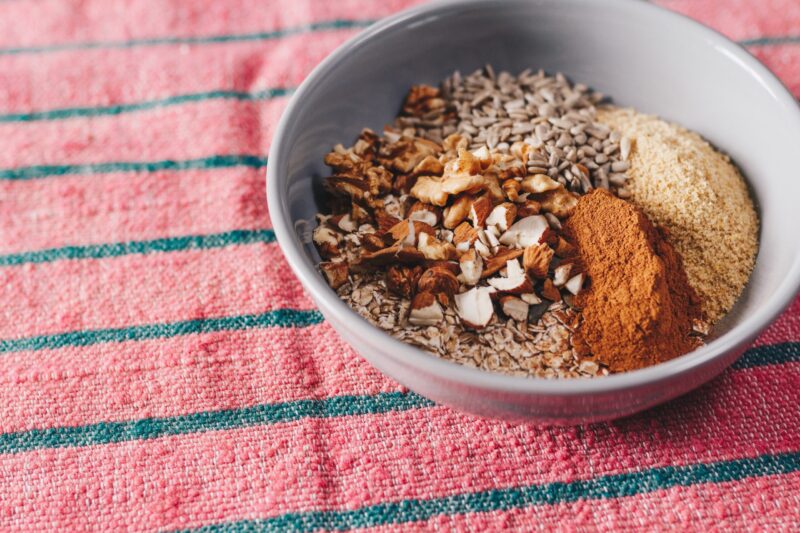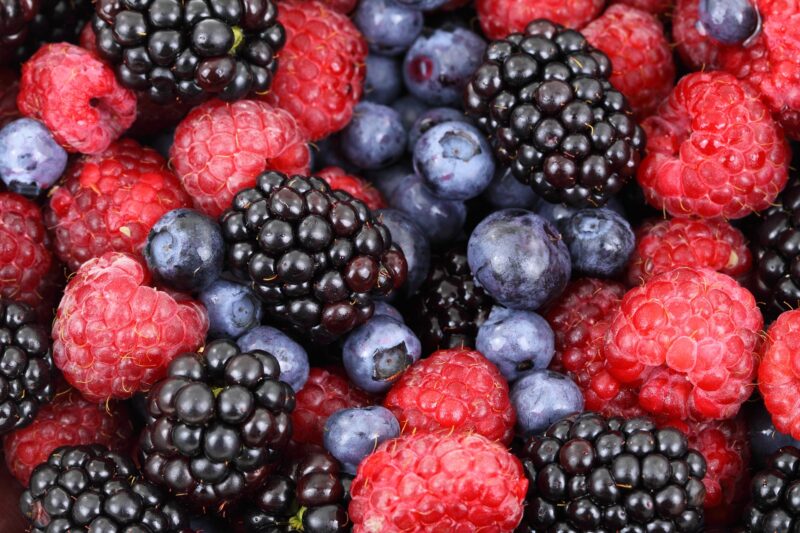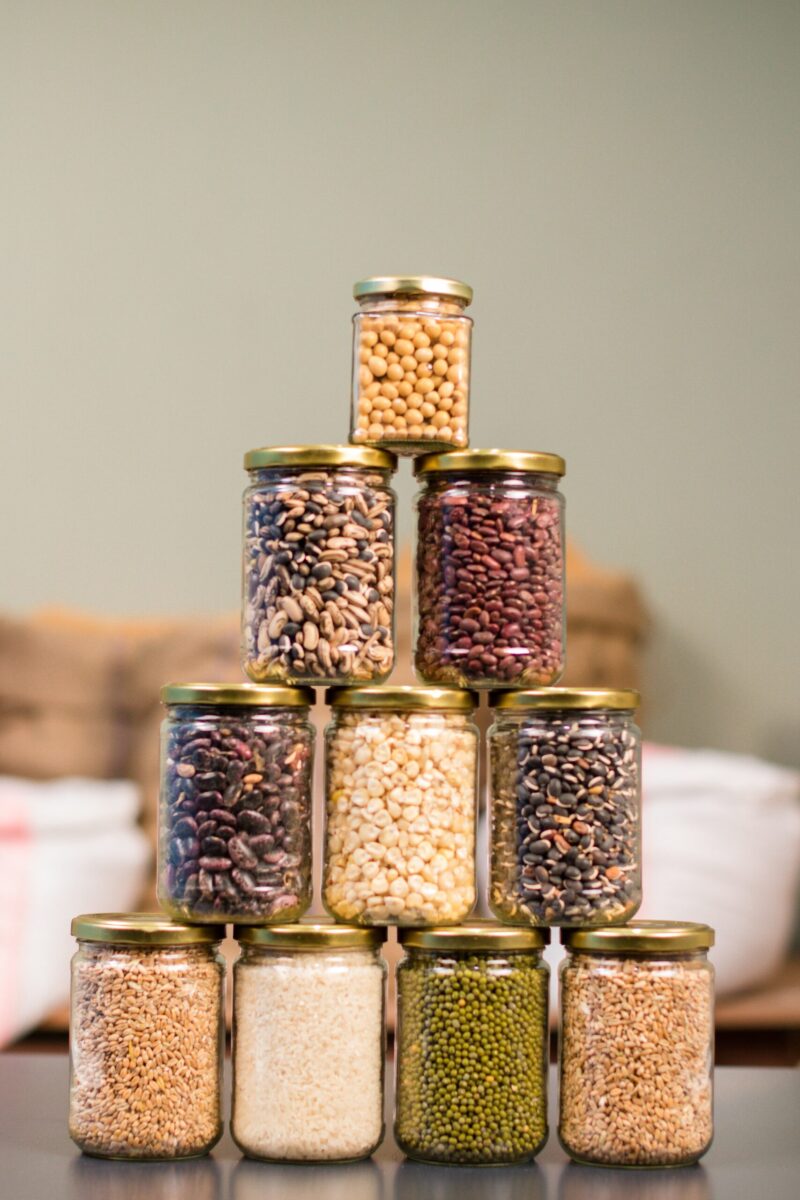July 2023 Do I Need an Anti-Inflammatory Diet?
By Sally Heppner and KRNC staff
There’s a lot of talk about inflammation and anti-inflammatory diets nowadays—is it all hype or is it worth worrying about? While inflammation can be problematic, and diet does play a role, the topic is nuanced. Join us for the ins-and-outs on all things diet and inflammation.

First, what is inflammation?
The term inflammation can be used broadly to describe a lot of processes in the body. Generally speaking, inflammation is the body’s way of responding to a threat. Often when we hear about inflammation it is seen as something negative, however, some inflammation is helpful for protecting and healing from infections and injuries. Physical damage to the body, like cuts or infections, causes the body to naturally have an inflammatory response to counteract the stressor (e.g. a fever when you are sick). Even strenuous exercise can cause an inflammatory response. This is considered acute inflammation, and it is a great survival mechanism to fight off disease and promote the growth and repair of tissues.
On the other hand, chronic inflammation is long-term inflammation that lasts anywhere from several months to years. Risk factors for chronic inflammation include smoking, alcohol consumption, extreme physical activity, emotional and psychological stress (including stress around eating and dieting, and experiencing weight stigma), and yes, a pro-inflammatory dietary pattern. It is thought that this constant state of inflammation is harmful to the body and can increase the risk for numerous health problems including—but not limited to— arthritis, heart disease, cancer, and diabetes. While diet plays a role in both acute and chronic inflammation, the popularity of “anti-inflammatory diets” targets chronic inflammation specifically. We use “quote marks” with “anti-inflammatory diets” because there is no single, standardized “anti-inflammatory diet” as diet and wellness culture wants us to believe. However, research has clearly connected dietary patterns and inflammation. Here’s what we know so far…

Nutrition and inflammation
Nutrition has a significant impact on inflammation but what foods have the greatest impact? Fancy and expensive health foods and supplements are marketed as “anti-inflammatory”, but some of the most anti-inflammatory foods are simple and don’t bear flashy labels. While there’s certainly a time and place for supplement use (a topic worthy of its own blog), your most powerful anti-inflammatory diet resource is a well-balanced diet that includes variety. Boosting your consumption of whole grains, legumes (lentils, beans), nuts, seeds, olive oil, fruits, and vegetables can help reduce chronic inflammation. Specifically, leafy greens, spices, berries, tea, coffee, and dark chocolate can be potent anti-inflammatory foods. Omega 3 fatty acids are another powerful anti-inflammatory molecule. Omega 3’s can be found in foods such as seafood, avocados, and chia seeds, to name a few.
“It’s what you do most of the time that matters the most”. A diet that is characterized largely by pro-inflammatory foods–alcohol, added sugar, high fructose corn syrup, refined grains, and saturated fat found in foods such as red meat and processed meat—would benefit from a shift toward more anti-inflammatory foods.

The bottom line- not all inflammation is the same! In fact, some inflammation is helpful. While diet does play a positive and negative role in chronic inflammation, there is no standardized “anti-inflammatory diet” and dieting can actually contribute to inflammation. We recommend focusing on adding in more anti-inflammatory foods and setting specific goals for planning meals around whole grains, fruits, vegetables, nuts and seeds, legumes, seafood, and yes, even dark chocolate.
About the Author:
Heppner graduated from the University of Wyoming in May 2023 and is doing her 6-month dietetic internship which has a focus on business and entrepreneurship. She hopes to start her own online nutrition private practice and become an Institute of Functional Medicine certified practitioner to provide root-cause, evidence-based treatment of chronic illnesses. Sally became interested in nutrition for a variety of reasons including the logical approach of preventing rather than reacting to illness and personal experiences learning how to have a healthy relationship with food that doesn’t involve restriction and taking the fun out of food.


